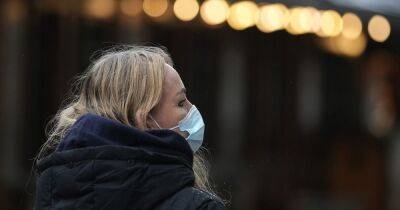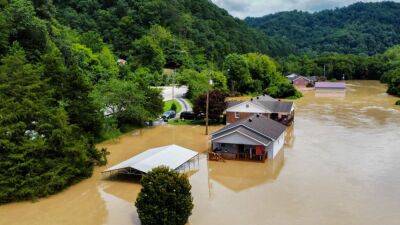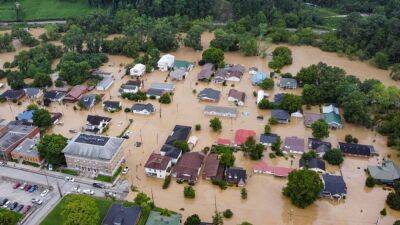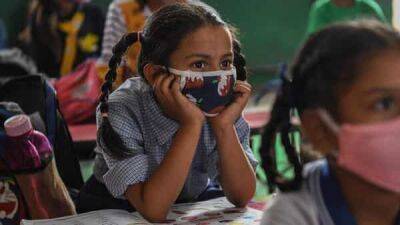Why mosquito season is getting worse
NEW YORK - Have you heard the buzz? Mosquito season is here. If you feel like you're swatting away a lot more pests than this time last year, you may not be alone.Rising temperatures and rainfall levels due to climate change are creating the perfect conditions for mosquitos to start reproducing earlier and for longer periods of time. "There is a change in the distribution of rain and not just in the United States but in the entire world," Max Jacobo Moreno-Madriñán of Indiana University's Environmental Health Science Department said. "So some areas are decreasing in precipitation, some other areas are increasing in precipitation." The situation may only continue getting worse.
The United Nations has said that 2021 was one of the seven warmest years on record, according to data."The warmer winters means that there are more mosquitos in the following year," Dr.
Susan Rehm, of the Cleveland Clinic said. More mosquitoes aren't just annoying. They pose serious health risks. The CDC calls the mosquito the "world's deadliest animal" because of its ability to spread malaria and other diseases from the West Nile virus, which can cause body aches, and the eastern equine encephalitis (EEE) virus, which can cause deadly brain swelling in serious cases. "The meager, long-legged insect that annoys, bites, and leaves you with an itchy welt is not just a nuisance ― it's one of the world's most deadly animals," the CDC states on its website. "Spreading diseases such as malaria, dengue, West Nile, yellow fever, Zika, chikungunya, and lymphatic filariasis, the mosquito kills more people than any other creature in the world."For example, in 2017 malaria killed 435,000 people around the world, according to the CDC, and millions more become.
Read more on fox29.com









































